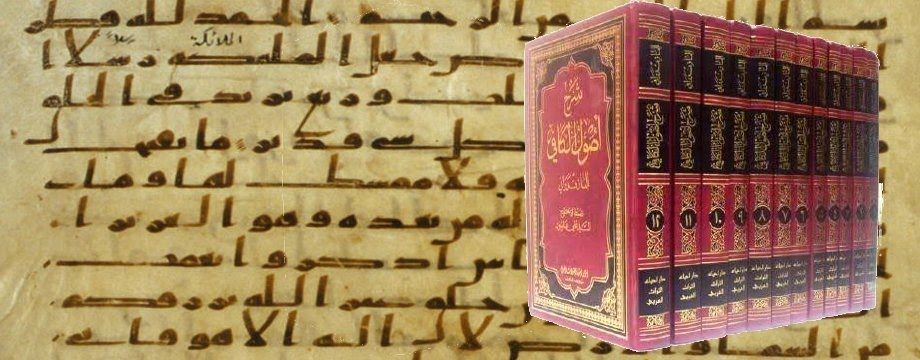The books of Rijāl that are currently in our possession can be divided into three groups:
1) The main foundational books of Rijāl: These are the books that have been authored up until the time of Shaykh Tusi. These are known as the Kutub al-Qudamā’.
2) The books that were authored after the time of Shaykh Tusi – from the beginning of the sixth century A.H. until the ninth century. This era is referred to al-Fatrah al-Mutawassitah.
3) The books that were written in al-Fatrah al-Muta’akhirah i.e. from the beginning of the tenth century A.H. to the present.
The books of Rijāl that fall into the first category are:
(a) Rijāl al-Barqi
(b) Rijāl al-Kashshi
(c) Fihrist al-Najāshi (also known as Rijāl al-Najāshi)
(d) Fihrist al-Tusi
(e) Rijāl al-Tusi
(f) Rijāl Ibn Ghadhā’iri
Those that fall into the second category include:
(a) Ma’ālim al-‘Ulamā’
(b) Fihrist Muntajab al-Deen
(c) Rijāl Ibn Dāwud
(d) Khulāsat al-Aqwāl fi Ma’rifat al-Rijāl
(e) Hal al-Ishkāl fi Ma’rifat al-Rijāl
As for the books of the third category, they include:
(a) Mu’jam al-Rijāl
(b) Nahj al-Maqāl
(c) Jāmi’ al-Ruwāt
(d) Naqd al-Rijāl
(e) Amal al-Aāmil
(f) al-Khulāsah
(g) Rijāl al-Shaykh al-Ansāri
(h) Bahjat al-Aāmāl fi Sharhi Zubdat al-Maqāl
(i) Muntaha al-Maqāl
(j) Lu’lu’at al-Bahrayn
(k) Tanqih al-Maqāl fi ‘Ilm al-Rijāl
(l) Mu’jam Rijāl al-Hadith
(m) Qāmus al-Rijāl
(n) Usul ‘Ilm al-Rijāl
We will be looking at each of these books in more detail in the forthcoming posts inshaAllah.

